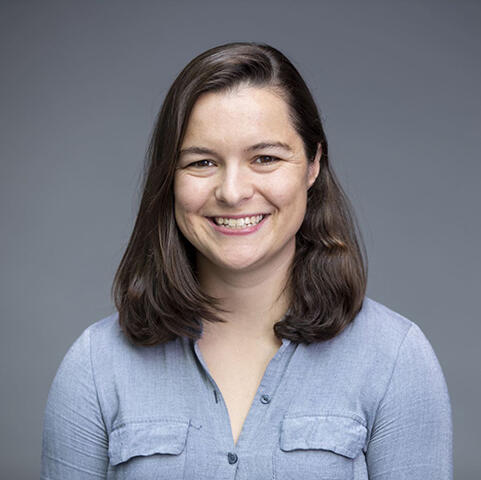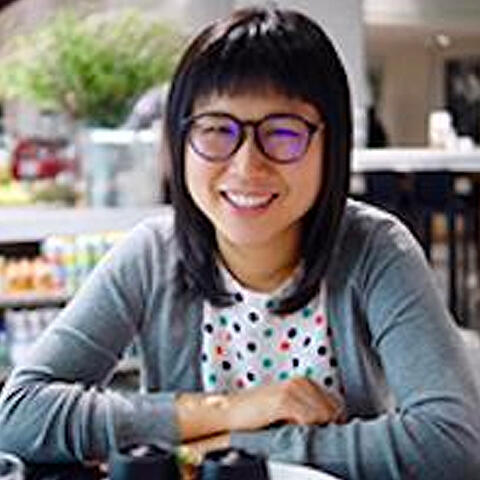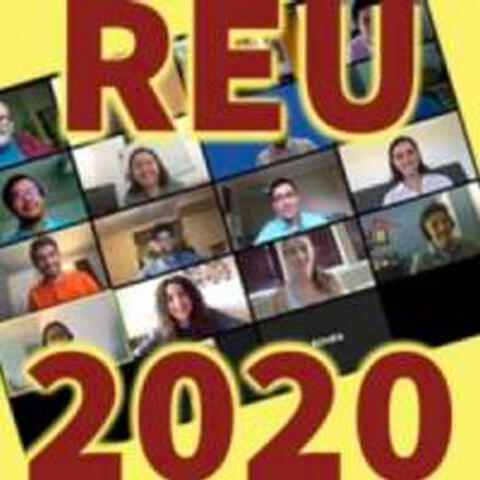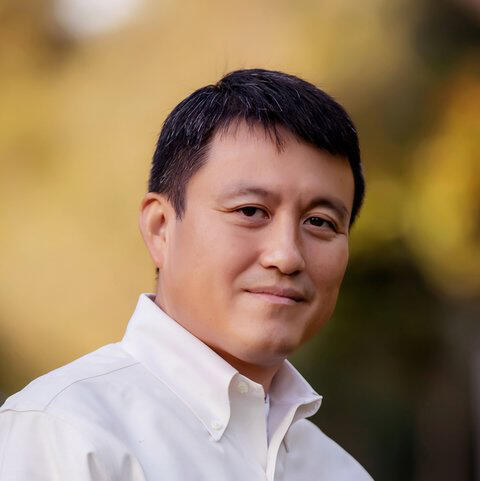
Chelsea Finn receives Samsung AI Researcher of the Year
2020 marks the inaugural Samsung AI Researcher of the Year awards. The award identifies prominent emerging researchers in the field from around the world and supports their research activities.

PhD candidate Pin Pin Tea-mangkornpan’s research featured in The Guardian
Her research involves computational psychology, focusing on using facial recognition systems to study interpersonal relationships.

Andrea Montanari's deep learning collaboration
The project expects to gain a theoretical understanding of deep learning.

STEM to SHTEM 2020 Program yields multidisciplinary research, with wealth of insights
The internship is designed for high school students who lack confidence in their STEM skills, whose talents lie outside STEM, or who aren’t yet sure about their future academic plans.

Gordon Wetzstein and PhD candidate David Lindell create algorithm that reconstructs hidden scenes
Using a new algorithm, Stanford researchers have reconstructed the movements of individual particles of light to see through clouds, fog and other obstructions.

Dan Boneh’s Hidden Number Problem helps solve Raccoon attack
A timing vulnerability in some versions of the TLS specification can allow an attacker to decrypt encrypted connections...

It’s a Wrap! EE’s Undergrad Researchers ready to present Thursday
Join us Thursday for the Research Experience for Undergraduates (REU) 2020 poster session presentations.

Shanhui Fan’s radiative cooling system could also give light
When solar energy is unavailable, the rooftop radiative cooling system could provide lighting power.

Gordon Wetzstein creates algorithm that renders clearer and more accurate 3-D images
The team has unveiled a neural network that teaches itself by using a “camera in the loop” to evaluate the accuracy of the images it projects and then learn from its errors.

James Gibbons’ research shows online learning can work better than in-person
Research done more than 45 years ago showed virtual learning was just as effective, if not more effective, than traditional methods.